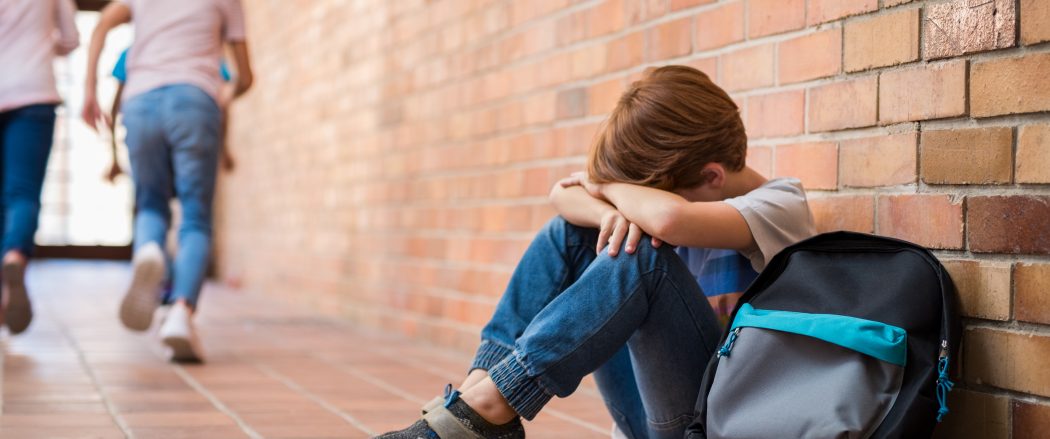To nurture the skills of resilience is key to providing young people with the ability to cope with stress, adversity, failure and challenges. Resilience is evident when young people have a greater ability to “bounce back” when faced with difficulties and achieve positive outcomes.
Resilience enables young people to recognise the damage and long term effects caused by bullying and to have the courage to challenge bullying behaviour and support victims.
Bullying is behaviour by an individual or group, repeated over time, that intentionally hurts another individual or group either physically or emotionally. Bullying can take many forms (for instance, cyber-bullying via text messages, social media or gaming, which can include the use of images and video) and is often motivated by prejudice against particular groups, for example on grounds of race, religion, gender, size, sexual orientation, special educational needs or disabilities, or because a child is adopted, in care or has caring responsibilities. It might be motivated by actual differences between children, or perceived differences.
Bullying, especially if left unaddressed, can have a devastating effect on individuals. It can be a barrier to their learning and have serious consequences for their mental health. Bullying which takes place at school does not only affect an individual during childhood but can have a lasting effect on their lives well into adulthood.
By effectively preventing and tackling bullying, schools can help to create safe, disciplined environments where pupils are able to learn and fulfil their potential.
Source – PSHE Association
By the end of primary school students should be able to
- about different types of bullying (including cyberbullying), the impact of bullying, responsibilities of bystanders (primarily reporting bullying to an adult) and how to get help.
- that bullying (including cyberbullying) has a negative and often lasting impact on mental wellbeing.
- that the internet can also be a negative place where online abuse, trolling, bullying and harassment can take place, which can have a negative impact on mental health.
Source: Relationships Education RSE and Health Education (DfE) Relationships Education, Relationships and Sex Education and Health Education guidance (publishing.service.gov.uk)
By the end of secondary school students should be able to
- about different types of bullying (including cyberbullying), the impact of bullying, responsibilities of bystanders to report bullying and how and where to get help.
- how to identify harmful behaviours online (including bullying, abuse or harassment) and how to report, or find support, if they have been affected by those behaviours.
Source: Relationships Education RSE and Health Education (DfE) Relationships Education, Relationships and Sex Education and Health Education guidance (publishing.service.gov.uk)
Local Support

Cambridgeshire Personal, Social and Health Education (PSHE) Service
Cambridgeshire Personal, Social and Health Education (PSHE) Service The Cambridgeshire PSHE Service provides guidance, consultancy, training and resources to support and enhance the health and wellbeing of children and young people and their learning. This includes the curriculum for PSHE and Citizenship: its content, approaches to teaching and learning and monitoring and assessment. We also
Read More About Cambridgeshire Personal, Social and Health Education (PSHE) Service
Keep Your Head
The Cambridgeshire and Peterborough Integrated Care System (ICS) Partners have refreshed the Keep Your Head website. It continues to provide a central hub of high quality information on mental health and mental health services. It also offers tailored and age-appropriate information for children and young people, adults, professionals and schools on a wide range of
Read More About Keep Your HeadResources
External Links
- Anti Bullying Alliance
- Anti Bullying Week Resources
- Bullying and cyberbullying — Year 6 lesson plan
- Bullying UK – Anti Bullying Resources
- ChildLine – Bullying, abuse, safety & the law
- Keep your head – Bullying
- Keep your head – Online safety
- Kidscape – Help with bullying
- TES Anti Bullying and Conflict Resolution Lessons



